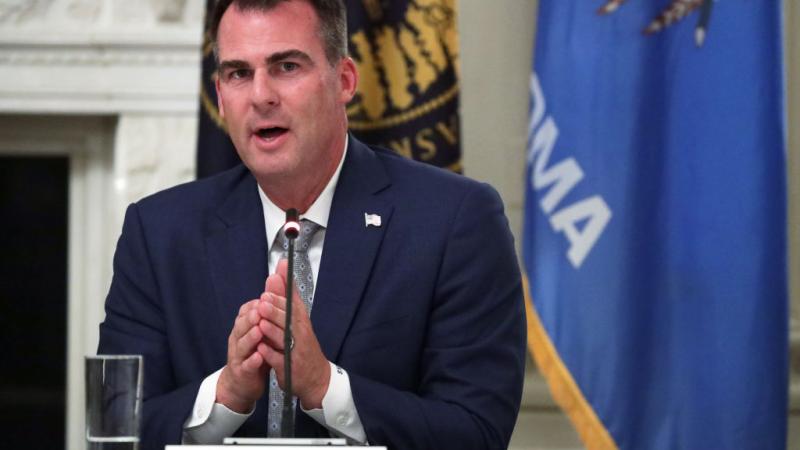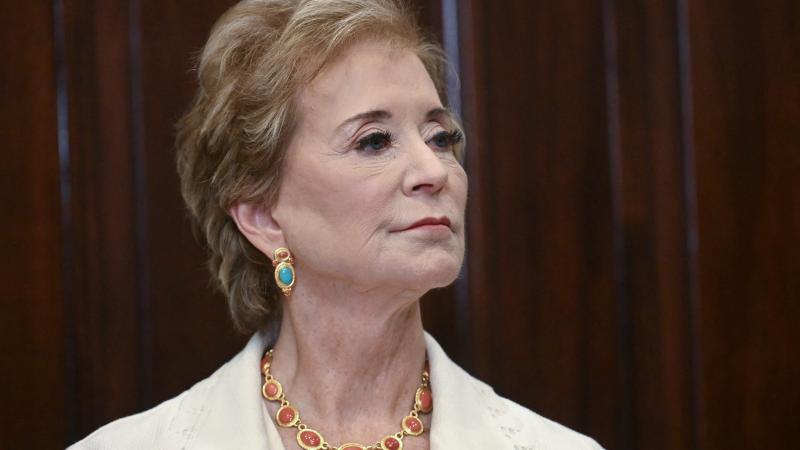Court upholds right of Catholic school not to employ LGBT teacher in same-sex union
The school did not fire her upon learning of her relationship and allowed her to complete the term of her contract
A Federal appeals court on Thursday ruled that a Catholic high school has the right to end its employment of a teacher who entered into a same-sex union in violation of church teachings.
The Seventh Circuit Court of Appeals ruled in Starkey v. Roncalli High School and Archdiocese of Indianapolis that religious schools have a constitutional right to choose who teaches their faith to the next generation.
The appellate court asserted that Lynn Starkey's role as a guidance counselor included ministerial duties, a ministerial exception under the First Amendment allowed the school to not renew her contract. A district court ruling previously came to the same conclusion.
"Starkey was a minister because she was entrusted with communicating the Catholic faith to the school’s students and guiding the school’s religious mission," the appeals court wrote. "The ministerial exception bars all her claims, federal and state. This opinion therefore does not reach the parties’ Title VII, RFRA, or other constitutional arguments. We AFFIRM the district court."
Starkey informed the institution in August of 2018 that she had entered into a same-sex union, which both her contract and Catholic doctrine forbid. Employees of Roncalli High School must sign agreements to uphold church teachings, both at work and in the home.
The school did not fire Starkey upon learning of the relationship and allowed her to complete the term of her contract, but did not renew it when the school year ended.
Becket Law Group, a non-profit public interest law firm that represented Roncalli, celebrated the ruling in a press release on Thursday.
“Religious groups have a constitutional right to hire individuals who believe in their faith’s ideals and are committed to their religious mission,” said senior counsel Luke Goodrich. “Our justice system has consistently ruled that the government cannot intrude on a religious organization’s choice of who will pass on the faith to the next generation.”
















